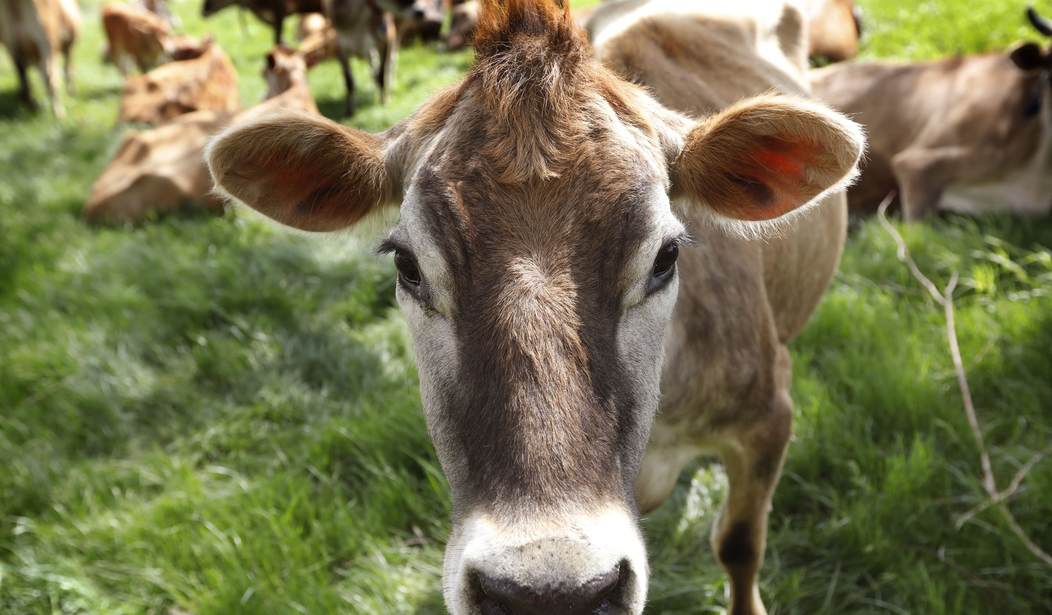The Farm Journal's Ag Economists’ Monthly Monitor is a survey sent to 70 of the leading "agricultural economists nationwide to gauge perspectives on important drivers of agriculture." According to the most recent version of the survey, a slight majority of the economists — 56% — say that the industry ended 2024 in a recession (compared to 53% who predicted the same in October). And a whopping 81% said that the United States agricultural economy is on the brink of a recession (compared to just 56% who said the same in October).
Commodity prices, high interest rates, and the avian flu are some of the issues hurting the ag industry, but the survey wasn't all gloom and doom. When Farm Journal asked the economists "What’s the one factor impacting the ag economy that’s not being talked about or covered by the media enough right now?," some of the responses boiled down to how the media covers Donald Trump and his incoming administration.
One economist flat-out stated that the media's negativity could be having an impact:
The media seems consumed with the negatives of a Trump administration/Republican trifecta. It’s certainly good to be aware of the challenges with any political transition, but more forward thinking on what is positive, would be helpful: the outlook for taxes, biofuels policy, trade deals with agriculture included, deregulation all seem to be potential positives we could be talking about more.”
While a few others mentioned political uncertainty and an unknown future, as well as the fact that a "prospective tariff war is being downplayed, despite published research measuring expected range of damage," others said that the concern over the tariff threat was stupid, because we've already seen a Trump administration before, and other countries can't afford not to do business with us.
China, Europe, Mexico and others know what to expect out of Trump. They’ve seen it before. Everyone is discounting the possibility that Trump’s tariff threat could result in some pre-emptive trade agreements that benefit us here in the states. The U.S. is the biggest buyer of consumer goods in the world. They can’t afford to cut us off. Note that I said consumer goods, not commodities
Of course, some of the economists had other fears for 2025 that had little to nothing to do with the incoming Trump administration. Other issues that could impact agriculture in 2025 included the depreciation of Brazil's currency, South American production, cash rent prices remaining high while crop prices are down, farmers in the South struggling, congressional efforts to deliver natural disaster aid, and attitudes toward alternative land use. And one of the economists knocked the Clean Fuel Production Credit, stating that it benefits fuel producers rather than farmers, and incentivizes "large inflows of foreign feedstocks at the expense of literally homegrown feedstocks."
Overall, the group surveyed predicts that many farmers will leave the industry this year, and many farms will be consolidated, similar to what happened between 2014 and 2015, the last time the country was in a commodity downcycle. Given that this is one industry that literally impacts everyone in the country directly, this is something we should all pay closer attention to in 2025. And while I'm not holding my breath, let's hope and pray that the media takes notice of these warnings. You can read more from the Ag Economists' Monthly Monitor here.
Happy New Year! It's a great time to become a VIP and gain access to exclusive content on everything from the 2025 economy to the incoming Trump administration to the human interest stories that impact our world.
Our VIPs are the lifeblood of what we do, and they invest in our mission — plus they receive some other great rewards, including podcasts, an ad-free experience, and commenting privileges. Sign up for a membership today!










Join the conversation as a VIP Member